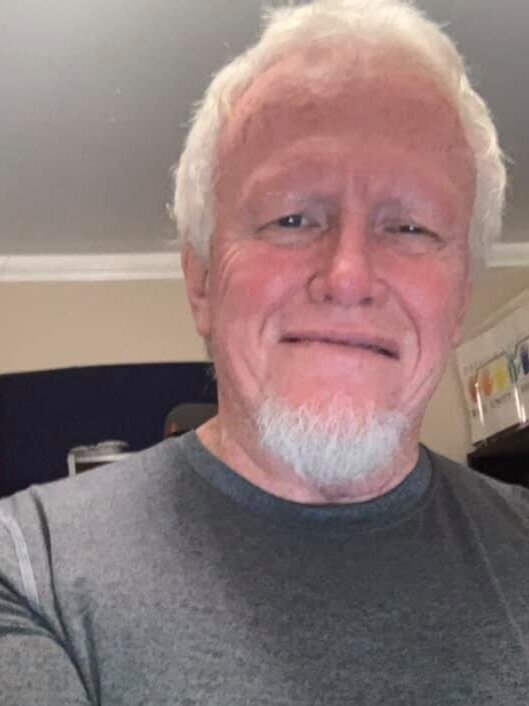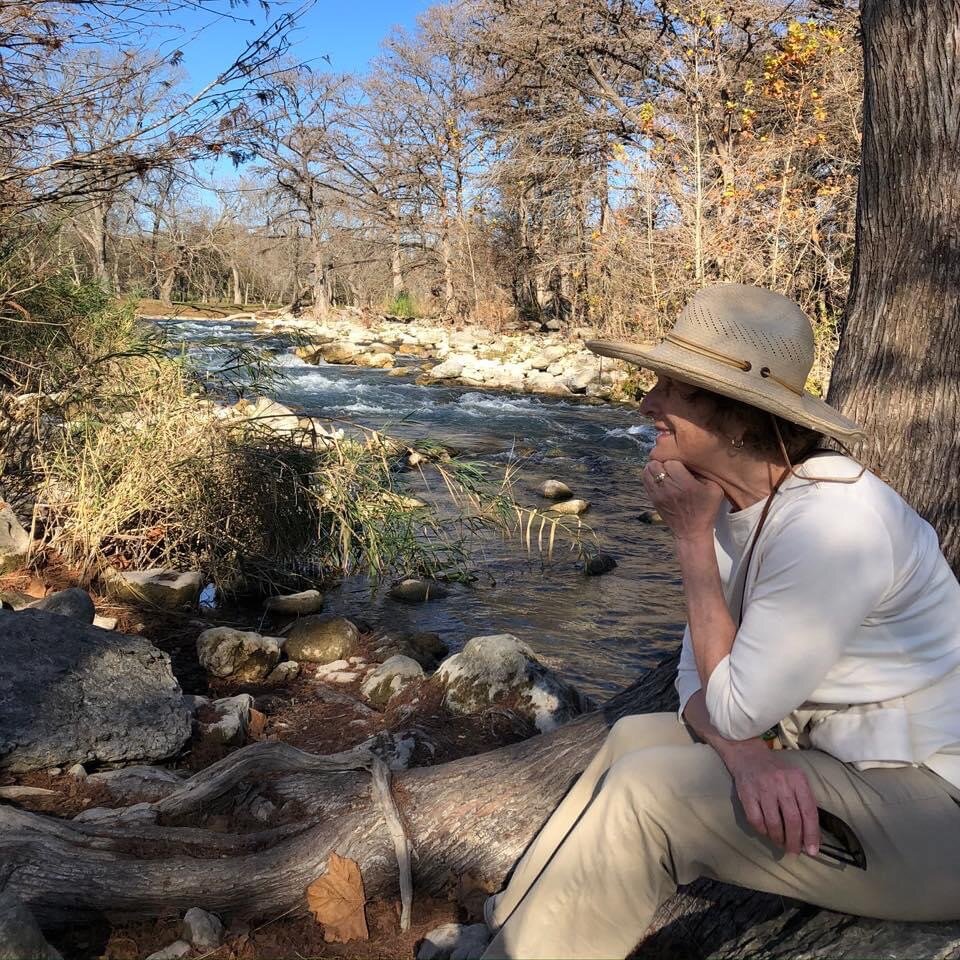“This is a real problem, with real consequences. The art world, as it turns out, is far from green.”
2017 Venice Biennale sculpture - SUPPORT - by Lorenzo Quinn reminds participants of rising sea levels that threaten Venice and all coastal cities around the world. The installation, first unveiled by Quinn at the Venice Biennale in 2017 and commissioned by Halcyon Art International, shows two gigantic hands of a child emerging from the Grand Canal in Venice to protect and support the historical building of the Ca’ Sagredo Hotel. "Venice, the floating city of art and culture that has inspired humanity for centuries, is threatened by climate change and time decay and is in need of the support of our generation and future ones”, said Quinn. “Let's join 'hands' and make a lasting change”. (United Nations Climate Change webpage)
Thinking and Acting Radically about Climate Change and the Art World
The positive effects of art on civilization would be difficult to list. Art and civilization are intimately entwined, each giving birth to the other in a continuous spiral of creative regeneration: that is, Leonardo produced the Renaissance at the moment it was producing him.
People all over this planet better understand now how tradition and innovation coexist, that tradition underscores identity and yet artistic innovations allow for inevitable changes. Art identifies what we value, and gives sound, narrative, movement, color, and shape to these values. As both process and product, we cannot remove art from the complexities of the human experience. It is fundamental to how we understand the world: To see a glorious sunset is one experience; to read exactly the right words to relive that experience is a minor miracle.
Readers of the present magazine will find no fault whatsoever with these two introductory paragraphs. This is a journal devoted to the support of art and artists in our community. Which may make the following statement a bit of a shocker: The art world is a significant and unapologetic contributor to global warming.
No! you say, how can this be? Artists are the sensitive ones, the ones most open to change and action and to spreading the word (through art) that we all must act to create a sustainable, healthful world.
Relax. Of course, you, the artist/collector/reader of this journal are a proponent of mitigating the horrific symptoms of a heating planet—floods, fires, droughts, and virtually every other form of molecular mayhem.
Still, this holds: The art world is a bad actor when it comes to climate change. And here is why: The art world is comprised of hundreds of thousands of galleries, museums, studios, art fairs, and private art collections worldwide. All of these entities ship art. Art is heavy, often, and needs to crating and boxing before it travels. To ship one two-hundred-pound crate by air from New York to London puts a thousand pounds of carbon into the air.
That is one shipment, one-way, a thousand pounds of carbon emitted.
One hundred such objects would result in fifty tons of carbon released into the air. The typical American car puts out about 4.5 tons of carbon, in a year. If those one hundred crates of art come back to New York (which they will, if they were on loan), then the emissions add up to a whopping one hundred tons of carbon requiring a mere eleven total hours of flight time to be released.
The art world thrives on shipping. Museums crate exhibitions and ship them not just to one venue, but to three or four before those crates return home. Now the math gets fuzzy, because there are so many museums, galleries, collectors, and art fairs shipping stuff and no one keeps track of it all vis-a-vis the climate. Someone should be, or a group of someones, as in a consortium of registrars.
There are 55,000 museums in the world. Not all are shipping monsters, but all of the big ones are—the Louvre, the Met, the Tate, etc. Let’s say, for sake of argument, that a mere .5 percent of all museums are “big.” That would be 225 museums. Further, let’s assume that each of the big museums hosts half a dozen traveling shows per year. That’s 1,350 shows, each with round trip shipping, let’s say, based on the New York to London numbers above—one hundred tons. That adds up to 135,000 tons of carbon in a single year. And let me assure you this: The actual art world number would be much higher—our example doesn’t include galleries, or projects from the other over 50,000 museums that are shipping more than a few things here and there all the time.
This is a real problem, with real consequences. The art world, as it turns out, is far from green. Like every other business, they are interested in green, a bit more it seems than the natural kind. Museums (and galleries, and art fairs) need cold, hard cash (or, warm, either way) to survive. The effects of non-visitation are instant and lethal. In 2020, worldwide museum attendance dropped a breathtaking 77%, from 230 million in 2019 to 54 million in 2020. Museums reduced hours, cancelled traveling shows, and laid off staff. Yes, many museums closed. Not any of our lovely little museums here in Columbia, but the pandemic isn’t over yet.
To get back to the vital, bustling businesses they were two years ago, museums will work to ramp up their schedules. Museums need money. It’s the fuel that drives their engines. But driving is the problem that is making the art world a carbon criminal. Getting all that art, all the time, from one place to another.
Is there a solution?
As with most enormous crises: Maybe.
For starters, museums can organize smaller, more lightweight exhibitions, which consume less energy to ship. Not all exhibitions need to be the theatrical behemoths they have become and to which museumgoers have become habituated. Most museum goers, however well intentioned, suffer fatigue after looking at 60 or 70 works and reading the labels and sharing comments with friends. Trying to experience 150 works of art is a job, not a treat. Museums, in their efforts to out-museum each other, have made shows ever bigger and ever more ponderous and, in many cases, a whole lot less fun. Get smaller. That’s the first and most obvious thing to do.
Build crates out of lighter material. Make use of crush-proof masterpacks when possible, as opposed to wood and steel. If an object requires tons of packaging, how about don’t send it anywhere. A tough choice, sure. But we’re in a crisis, and crises require sacrifices. Serious sacrifices.
Host fewer traveling shows. Yes, that will hurt any museum’s bottom line. On the other hand, it might inspire in-house innovation. What kinds of projects are possible with the permanent collection that are not boring collection surveys?
Some museums sponsor “close looking,” where a painting is set up to be looked at for over half an hour, up to an hour. Imagine what you could see, if you stared at an object that long, looking for every subtlety and nuance you could find. An hour won’t reveal them all. Close looking is just one idea. Be creative—that’s what the art world is good for.
Get people in the community to physically recreate their favorite paintings during a festival dedicated to just that—the tableau vivant, the living painting. Tableau vivants are fun to do, awards may be given out, and of course no art event is complete without booze, and that can be purchased locally.
And now, for the really radical idea: The big museums have way more art than they will ever be able to show. In America, the Met, MoMA the Art Institute of Chicago, all have collections numbering in the hundreds of thousands to the millions. If the largest collections gave away (not loaned, gave) a few thousand pictures each (which they wouldn’t even miss) they could greatly enrich the many small-to-midsized museums in the U.S. Point being, if the museums in South Carolina, Georgia, New Mexico, Utah, North Dakota, etc. etc. all had better art, they might increase visitation while reducing the number of traveling shows they, too, feel compelled to do.
That would be real change. The ridiculously enormous art collections are already teetering on unsustainability and would do themselves a spectacular favor by spreading their riches around.
Wait—what? This sounds like socialism. Well, yes, I suspect this idea does have a whiff of fairness, practicality, and sustainability about it. Mostly, though, it is a radical idea, submitted here in the spirit of let’s all be thinking radically.
Would such a proposal really “work”? Truthfully, I don’t know. But for an idea to be explored, it has to first be on the table. Sure, such an idea would be problematic. But the problems would be nothing compared to the devastating problem we are now facing.
At a distant point, and let’s hope there is one, future art lovers will be able to look back and say that early 21st-century art activists got radical in response to climate change, and the result was not just smart strategies to help cool the planet, but its radicality led to spreading art and its magic more equally throughout the world.
Not a bad legacy, however socialistic.
— Will South
Will South is an independent artist, curator and writer based in Columbia.






























